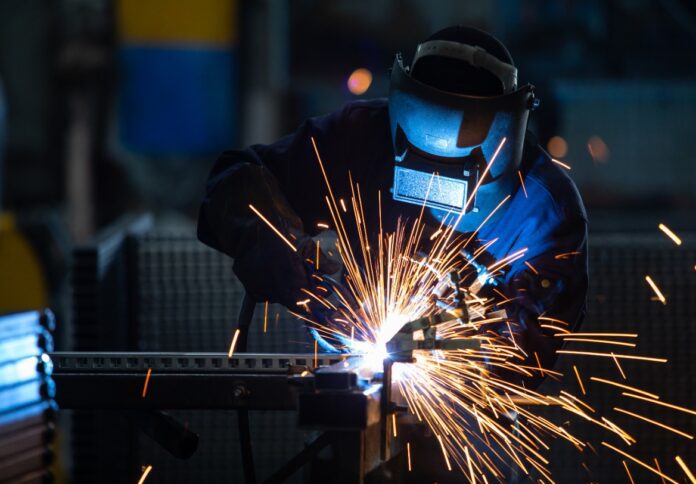
Weld Australia has urged the Federal Government to establish a national inspection regime for imported fabricated steel and other high-risk products, warning that the current lack of independent compliance checks poses a serious threat to public safety.
Geoff Crittenden, CEO of Weld Australia, highlighted concerns over thousands of tonnes of imported fabricated steel used in critical infrastructure – such as wind towers, road gantries, and energy systems – that enter Australia without any mandatory inspection to verify compliance with Australian Standards.
“If it’s made in Australia, it must comply with Australian Standards. Local manufacturers know this—and they’re held to it. So why are overseas-made goods not subject to the same scrutiny?” Crittenden said.
He pointed to several incidents underscoring the risks, including the collapse of a turbine, cracking in towers, and blade failures.
Crittenden also referenced recent recalls of water heaters and heat pumps containing substandard steel, some of which have imploded or leaked flammable gas.
“These aren’t isolated cases—they’re symptoms of a broken system,” Crittenden said. He noted that road signs have collapsed, renewable energy transformers have failed within a year, and mining and rail companies have been forced to send engineers overseas to supervise quality control, describing this as a liability rather than a solution.
Weld Australia proposes that all imported fabricated steel be inspected on arrival by accredited professionals to ensure it meets Australian or equivalent international standards.
The organisation also calls for legislation to hold importers accountable for the safety of the goods they bring into the country.
Crittenden pointed to countries such as Europe, Japan, and Canada, where third-party certification and mandatory inspections have been standard practice for decades, saying, “Australia is lagging behind, and the public is taking the risk, and paying the price.”
He reiterated that products made in Australia must comply with stringent standards and local inspection regimes, citing that water heaters manufactured domestically must pass strict checks and infrastructure commissioned by bodies like VicRoads or Transport for NSW undergoes ongoing inspection throughout construction.
Weld Australia also stressed the potential economic benefits of a national inspection regime, including the creation of jobs and a more level playing field for local manufacturers, who often face competition from overseas producers not bound by equivalent compliance requirements.
“Infrastructure funded by Australian taxpayers must be safe, reliable, and built to last,” Crittenden said. “It’s time to stop trusting paperwork from overseas and start validating compliance on our own soil. How many lives must be lost before the government takes action? Public safety is not negotiable. It is time we acted like it.”


















